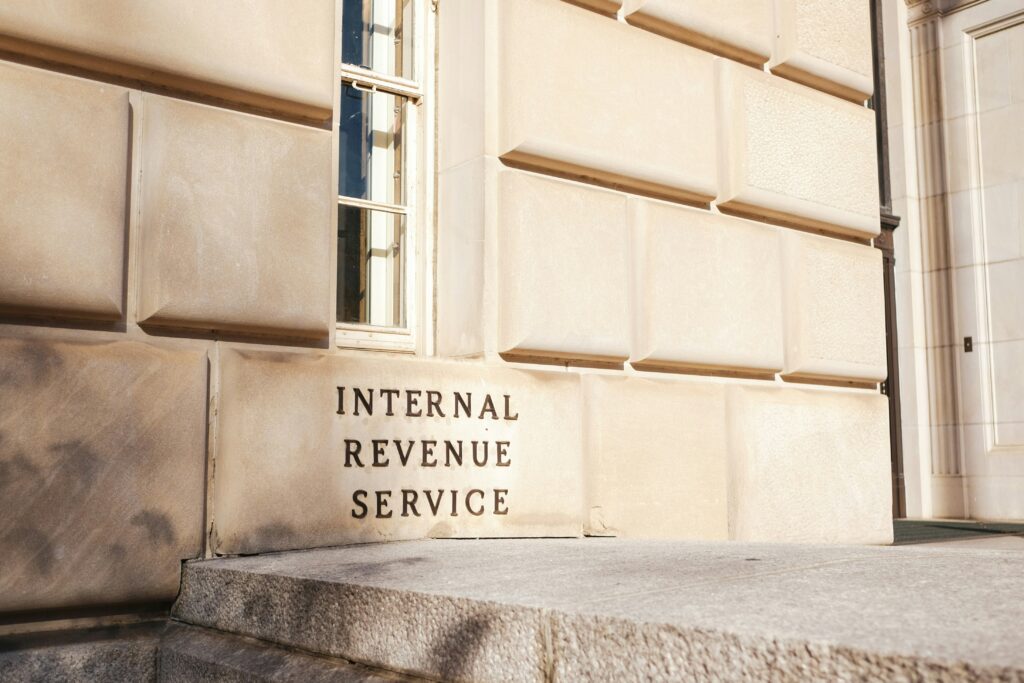Primer: When Cancellation of Debt (COD) Income Can Be Tax-Free
When a borrower’s debt is canceled, it generally results in a Cancellation of Debt (COD) income, which is taxable under federal law. However, several essential exceptions allow this income to be excluded from taxes, depending on the circumstances. Here’s an overview of when and how COD income can be tax-free:
General Rule: COD Income Is Taxable
The default federal tax rule is that when a lender forgives a portion or all of a debt, the borrower must report that amount as gross income on their tax return for the year of the cancellation. This is true whether the debt is fully or partially forgiven, and it can result in significant tax consequences for the borrower.
Lender’s Reporting Requirements:
Lenders must report the canceled debt to the borrower and the IRS using Form 1099-C (Cancellation of Debt). This form includes:
- The total canceled debt amount (Box 2)
- Any accrued interest (Box 3)
- The date of cancellation (Box 1)
Although the law mandates this form, in practice, there are occasional errors in reporting or delays in issuing the form.
Exceptions That Grant Tax-Free Treatment:
Several exceptions in the Internal Revenue Code Section 108 allow borrowers to exclude COD income from taxation. These exceptions can significantly reduce a borrower’s tax burden.
- Bankruptcy Exception: If the debt is canceled in a Title 11 bankruptcy proceeding (Chapter 7, 11, 12, or 13), the cancellation is automatically excluded from gross income. However, the borrower may need to reduce specific tax attributes, such as net operating losses (NOLs) and capital loss carryovers, as a trade-off for this tax benefit.
- Insolvency Exception: If a borrower is insolvent (liabilities exceed assets) at the time of debt cancellation, the COD income is excluded to the extent of the insolvency. Any excess income that makes the borrower solvent must be reported as gross income. Exempt assets (e.g., retirement accounts) are included in the insolvency calculation, but non-recourse debts are only counted up to the value of the property securing the debt.
- Principal Residence Mortgage Debt Exception: The cancellation of home mortgage debt used to acquire, build, or improve a principal residence is excluded from income up to $750,000 ($375,000 for married individuals filing separately). This exception applies to discharges through 2025 and only applies to debt used for the borrower’s primary residence. Refinanced debt can also qualify if it replaces the original qualifying debt.
Importantly, this exception does not apply to home equity loans for purposes other than the residence. - Seller-Financed Debt Exception: When debt is canceled in a seller-financed sale, the COD income is generally excluded from income. This exception treats the cancellation as a retroactive purchase price reduction and doesn’t affect other tax attributes.
- Qualified Real Property Business Indebtedness Exception: Debt cancellations on real property business debt (other than qualified farm debt) used for trade or business are excluded from taxable income. However, this is only available if the borrower elects to apply the exception, and it reduces the basis of the property. C corporations and bankruptcy debt cancellations do not qualify for this exception.
- Qualified Farm Indebtedness Exception: This exception applies to farm debt that meets specific criteria and reduces the debtor’s adjusted tax attributes and property basis. Like the real property exception, this exception is unavailable in bankruptcy proceedings.
- Student Loan Forgiveness: Under the Tax Cuts and Jobs Act (TCJA), certain student loan debts are eligible for COD income exclusion if the cancellation is contingent on working in specific professions or for certain employers. This is expanded through 2025 to include discharges due to death or disability. The Defense to Repayment procedure also allows federal student loans to be canceled if the borrower proves a valid defense against repayment, such as the school’s misconduct.
Tax Attribute Reductions
When COD income is excluded under bankruptcy, insolvency, or other exceptions, the borrower must reduce specific tax attributes (future tax benefits). These attributes include net operating losses, capital loss carryovers, tax credits, and property basis. For example:
- Net Operating Losses (NOLs) are reduced first, followed by general business credits, minimum tax credits, capital loss carryovers, and more.
- Borrowers can elect to reduce the basis of depreciable property first, which can preserve future depreciation deductions but may increase future taxable gains when assets are sold.
Favorable Timing Rule
The IRS allows borrowers to fully utilize their tax attributes for the year of the COD cancellation before reducing them. This can be a significant benefit, allowing borrowers to maximize their tax savings before making reductions.
File Form 982
Borrowers who benefit from a COD exception must file Form 982 with their tax return to report the exclusion of COD income and any reductions of tax attributes.
Takeaways
While the general rule is that debt cancellations result in taxable COD income, several vital exceptions allow for tax-free treatment, such as in bankruptcy, insolvency, or the cancellation of home mortgage debt. Understanding these exceptions can provide substantial tax relief for borrowers facing debt forgiveness. However, it’s essential to know the associated requirements, such as reducing tax attributes, and consult with a tax professional when navigating these complex rules.










